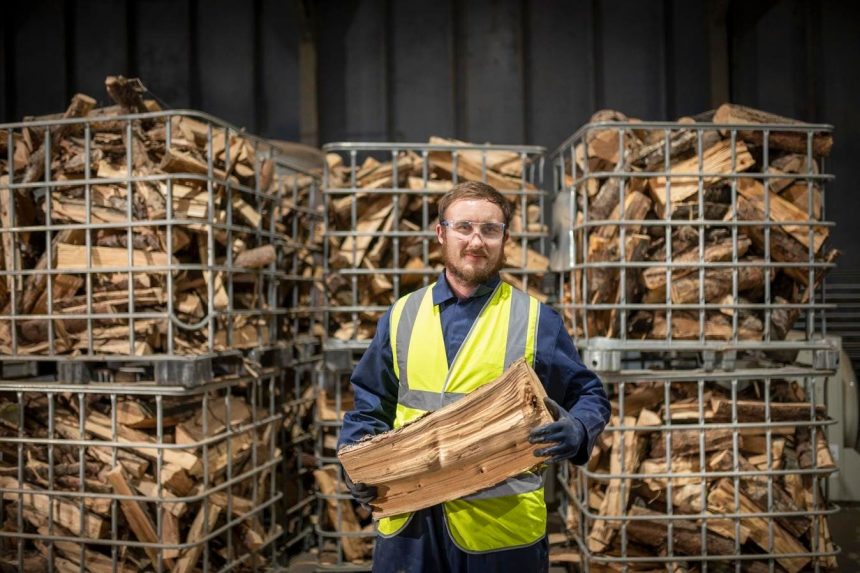The United States Environmental Protection Agency (EPA) has initiated a significant investment in environmental innovation through its Small Business Innovation Research (SBIR) program. This program, designed to foster the development and commercialization of cutting-edge green technologies, recently awarded $2.4 million in Phase I grants to 24 small businesses across the nation. These grants, each amounting to $100,000, serve as seed funding to support the development of proof-of-concept for a diverse range of environmental solutions. The selected companies, representing a geographical spread across 15 states and Puerto Rico, are tackling critical challenges related to air and water quality, land revitalization, sustainable materials management, and more. The EPA’s investment underscores its commitment to leveraging the ingenuity of small businesses to address pressing environmental concerns while simultaneously promoting economic growth and a more sustainable future.
This first phase of funding represents a crucial stepping stone for these companies. Over the next six months, they will diligently work to demonstrate the feasibility and potential of their proposed technologies. Successful completion of Phase I opens the door to Phase II funding, where companies can apply for grants of up to $400,000 to propel their innovations towards commercialization. Furthermore, the EPA has sweetened the deal by offering an additional $100,000 commercialization incentive during Phase II to companies that secure third-party investments. This multi-tiered approach demonstrates the EPA’s commitment not only to fostering innovation but also to facilitating the transition of these technologies from the laboratory to the marketplace. The ultimate goal is to see these innovative solutions implemented across various sectors, contributing to tangible environmental improvements and fostering a circular economy.
The range of projects funded under this initiative reflects the breadth and depth of environmental challenges facing our world today. From repurposing agricultural waste into high-performance textiles to developing real-time water quality sensors, these small businesses are exploring novel approaches to address complex issues. Pacific Reclaimed Lumber & Supply, for instance, is developing a web-based platform to bolster the reclaimed lumber market, aiming to reduce wood waste in the construction industry and promote the use of sustainable building materials. This project exemplifies the potential of technology to connect supply and demand, driving market transformation and supporting a more circular economy. The platform aims to scale up the reclaimed lumber industry, which offers substantial environmental benefits by reducing climate emissions and sequestering embodied carbon.
Another company, Nativo Inc., is pioneering a vibration technology to facilitate the non-destructive removal of ceramic tiles, enabling their reuse and reducing construction waste. This innovation addresses the significant environmental footprint of the construction industry, offering a practical solution for diverting materials from landfills. PAGE Technologies Inc. is focused on developing cost-effective, printable chemical sensors for real-time water quality monitoring, providing a vital tool for safeguarding public health and protecting our precious water resources. These sensors represent a significant advancement in environmental monitoring technology, offering readily deployable, real-time data acquisition for improved water management strategies.
EcoaTEX LLC is developing a technology to transform agricultural waste into biodegradable fibers, offering a sustainable alternative to cotton and synthetic fibers in the textile industry. This project not only addresses the environmental impact of conventional textile production but also creates economic opportunities for farmers by providing a valuable outlet for agricultural byproducts. This multifaceted approach highlights the potential for sustainable solutions to create positive economic and environmental outcomes simultaneously. The conversion of agricultural waste into usable fibers not only reduces waste but also mitigates the environmental damage associated with traditional disposal methods.
The EPA’s SBIR program represents a strategic investment in the future of environmental protection. By empowering small businesses to develop and commercialize innovative technologies, the EPA is fostering a dynamic ecosystem of environmental solutions. These investments not only address immediate environmental challenges but also lay the foundation for a more sustainable and resilient future. The diversity of projects funded under this initiative highlights the potential for innovation across various sectors, from construction and materials management to water quality monitoring and textile production. The success of these projects holds the promise of tangible environmental improvements, economic growth, and a healthier planet for generations to come. The program is a testament to the power of collaboration between government and the private sector in driving meaningful progress towards a more sustainable future.



